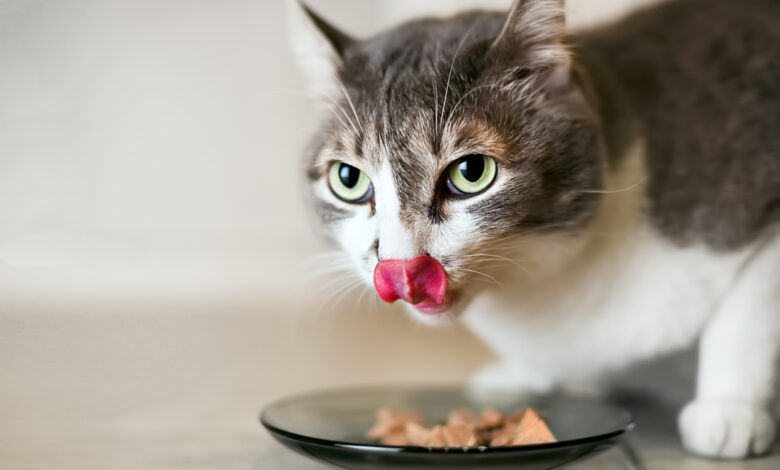Cats
Find The Best Results For Cat Food Option Now!



Explore the necessity of supplements for certain cats and situations where they can be beneficial for overall health.
A healthy cat is a happy cat. Understand the signs that indicate your cat is thriving on their current diet.